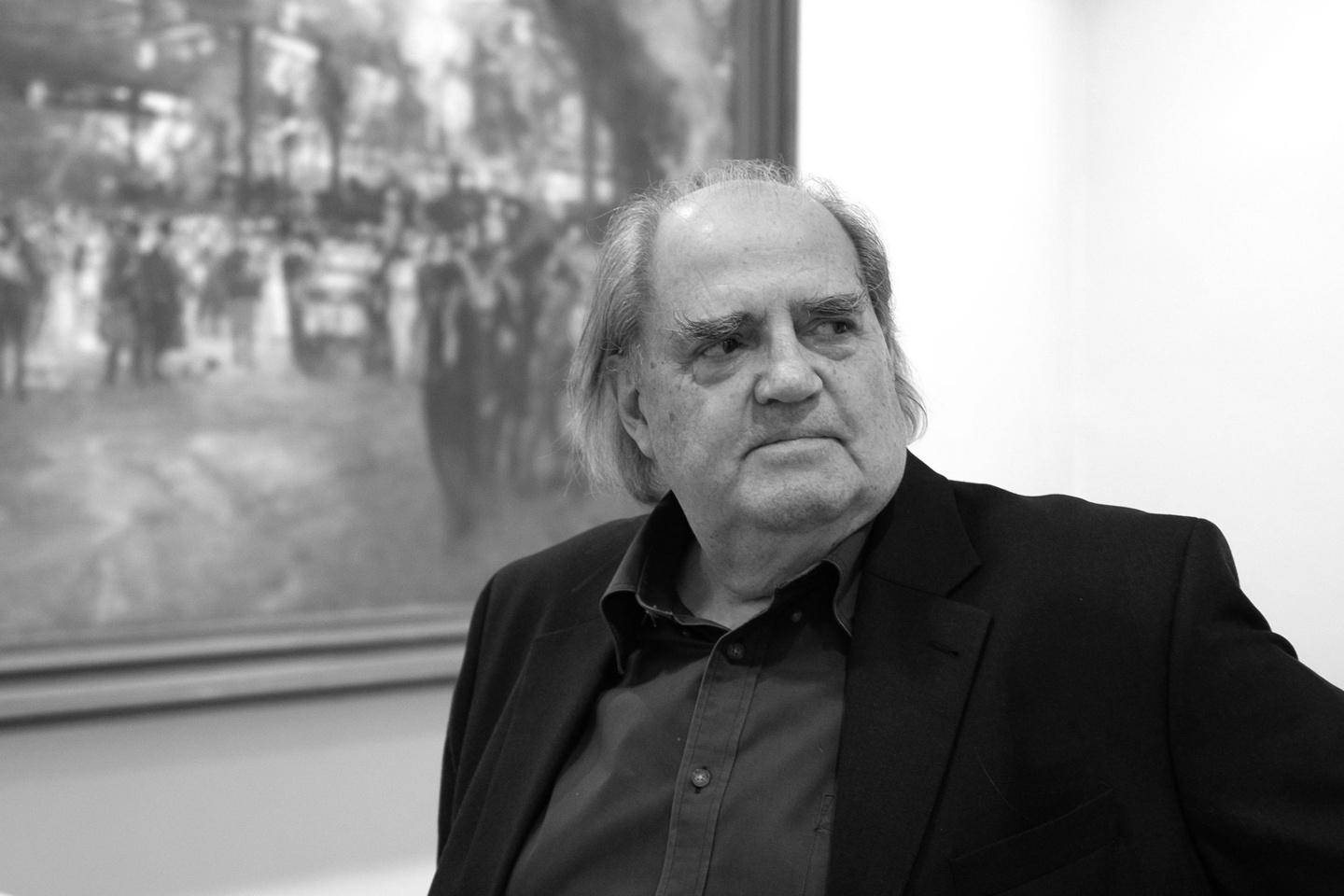
Bernard Reichen obtained his degree in architecture in 1965. In 1973, he and Philippe Robert created the Reichen and Robert Studio.
the studio has acquired international acclaim for industrial site conversion and conservation with the re-use of existing constructions and in their integration of contemporary architecture that began with the conversion of the Leblan weaving mill in Lille and the conversion of the great 19th century covered markets such as the Halle de la Villette in Paris.
From Nestlé's headquarters in the Menier chocolate factory to the completion of the Cité du Cinéma in Saint Denis or the Grands Moulins de Pantin, this re-use dynamic enhanced sustainable development in the contexts of: "re-use" of territories, buildings, materials and process.
Reichen et Robert & Associés was founded in 2004 and is now active in all fields of architectural and urban design.
This wide scale experience has lead Bernard Reichen to master the "articulation between scales" that span from single object architecture to the challenges of "city-regions", including new urban mobilities. The Paris tramway, the "2 banks" in Strasbourg, the SCOT and the Route de la Mer in Montpellier, the Saint Jean - Belcier district in Bordeaux (Euratlantique), the Bas Chantenay in Nantes, the "Union" in Roubaix, as well as the major projects in Rabat, Casablanca and Tangiers, have served as laboratories for this approach.
For this work, Bernard Reichen was awarded the Grand Prix National de l'Urbanisme in 2005.
Bernard Reichen has participated in many international jury panels and conferences, while having many articles published in France and abroad.
He is a member of: The Académie d’Architecture,of the management committee of the Plan Construction et Architecture, of the national commission for Historical Monuments, of the scientific council of the European Programme for New Architecture (Europan), and of its French commission.
He has likewise been named Officier des Arts et des Lettres.